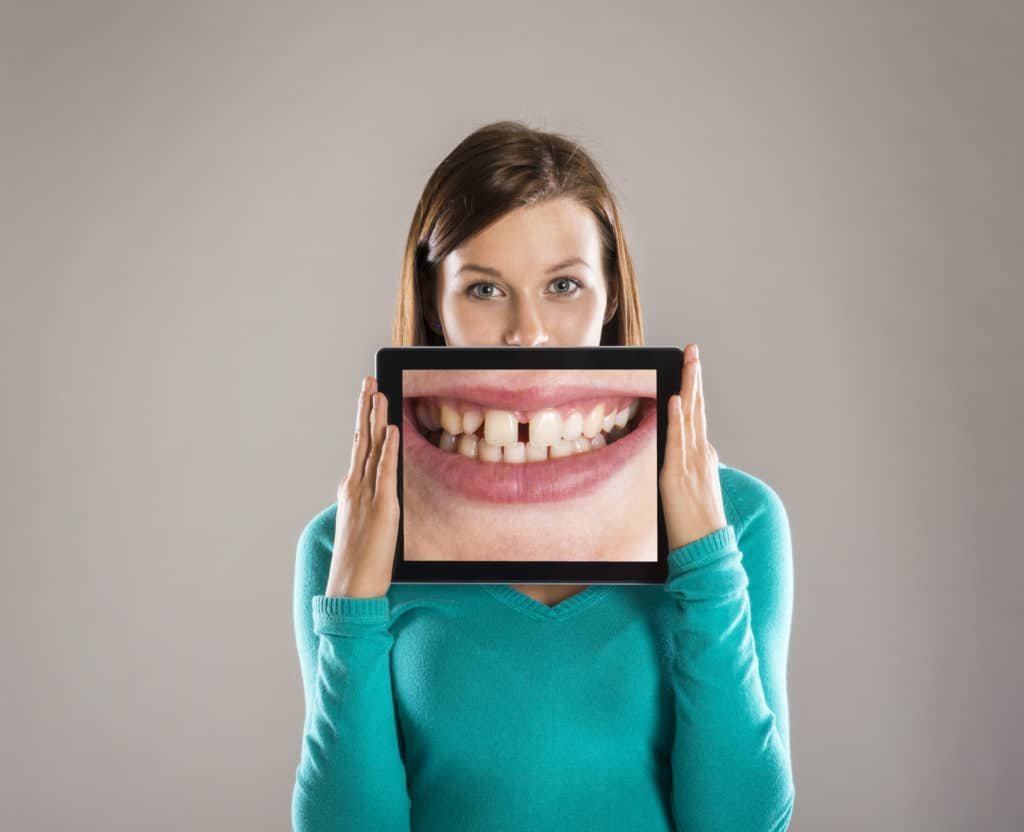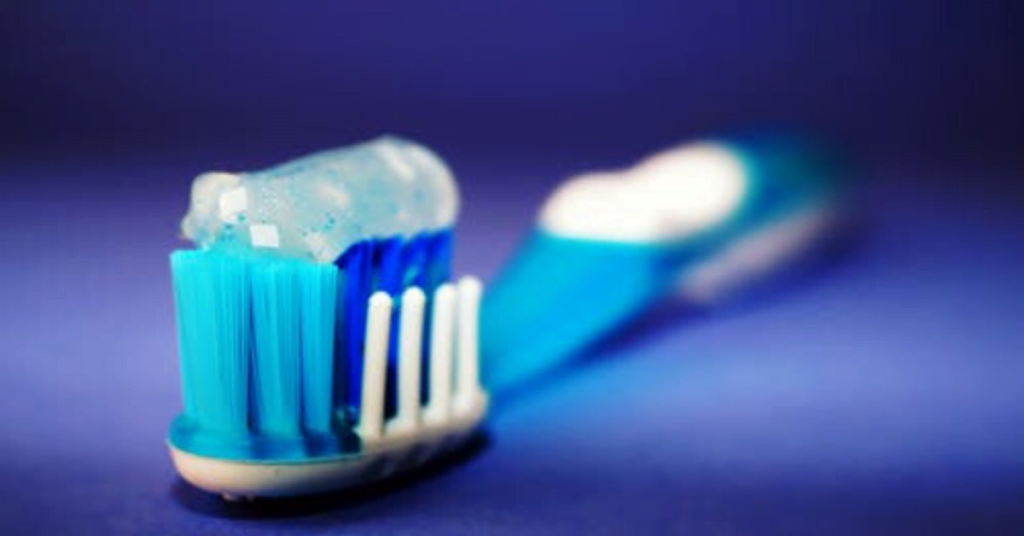Foul-smelling breath, also known as halitosis, is a common problem in little ones and can be caused by a range of factors. However, the overwhelming cause is a poor oral hygiene routine. Read on in this blog to find out what causes halitosis, how it can be treated, and when you should see a dentist.
Causes of Bad Breath:
Poor Oral Hygiene – When your child neglects to brush or floss their teeth, plaque, and tartar can build up in the mouth, which is full of bacteria and gives off a foul-smelling odour when it is not removed. This is because the bacteria in the mouth produce sulphur and, when broken down, produce volatile sulphur compounds (VSCs). Left-behind food particles can also contribute to bad breath.
Eating Smelly Foods – Sometimes, your child’s breath smells funny because they ate something that is naturally pungent. Garlic and onions are notoriously smelly foods. These foods also produce sulphur, which can linger for several hours after eating the smelly food. This is why brushing your teeth likely won’t remove the smell.

Oral Health Problems – Tooth decay, tooth infection, and gum disease can cause foul breath because of a build up of odorous bacteria, inflammation, and abscesses.
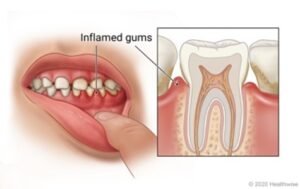
Dry Mouth & Morning Breath – Lack of saliva production can cause bad breath because saliva helps to wash away bacteria and food particles that produce odour. When saliva production decreases, these odorous food particles and bacteria linger for longer and cause bad breath.
When you are sleeping, saliva production significantly decreases which can lead to morning breath. Dry mouth, on the other hand, is a medical condition that causes people to have a chronically dry mouth around the clock. This can be caused by medications or an underlying condition. Your child is also at higher risk for having a dry mouth if they are a mouth breather.
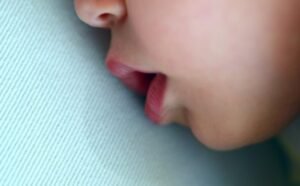
Medical Conditions – If your child is sick, has an infection, or has some underlying medical condition, this could be causing bad breath because of acid reflux, mucus, and gases. This is why it’s important to assess all of your child’s symptoms.
Treatment for Halitosis:
The best way to prevent halitosis is to practice a consistent good oral hygiene routine. Your child should brush their teeth twice a day with a soft-bristle toothbrush and fluoride toothpaste. Children under 3 years old should use fluoride toothpaste the size of a grain of rice and children over 3 should use a pea-sized amount.
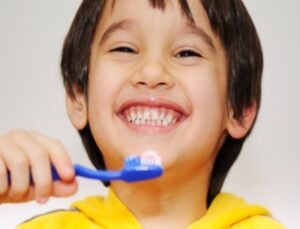
Your child should also floss once a day to remove food debris from in between the teeth to prevent interproximal cavities. Regular dental cleanings and check-ups every 6 months will prevent oral health problems and remove plaque and tartar buildup that contribute to bad breath.
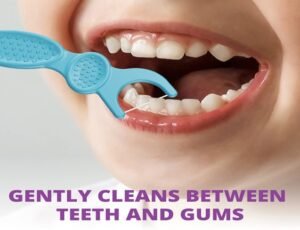
You may limit how many pungent foods your child eats daily and try to increase their saliva production by ensuring they stay hydrated or chew on sugarless gum to increase saliva production.
When to Visit the Dentist for Bad Breath:
Everyone experiences bad breath from time to time, but if your child’s breath is persistently foul-smelling despite efforts to reduce the odour, it’s time to make a dental appointment. Your child might have an oral health problem that is causing bad breath. If you notice an abscess, swelling, pain, and tooth sensitivity, you should book an emergency appointment, as this could be a tooth infection.
Prevent Halitosis With Preventative Dentistry:
By scheduling regular dental cleanings and oral exams, your child is less likely to suffer from halitosis. Cleanings can also greatly improve halitosis even after your child has developed bad breath.
Contact Dr.Lavanya’s dental clinic today to schedule an appointment here. We take care of your child’s oral health.


